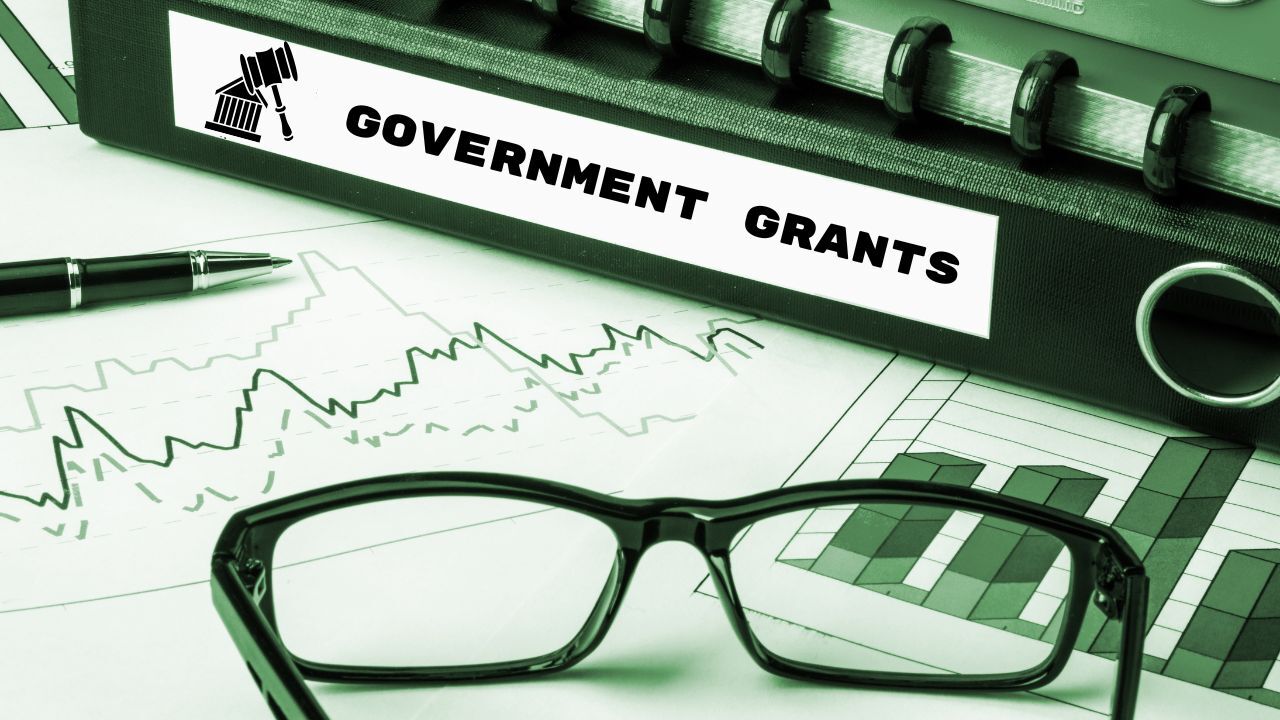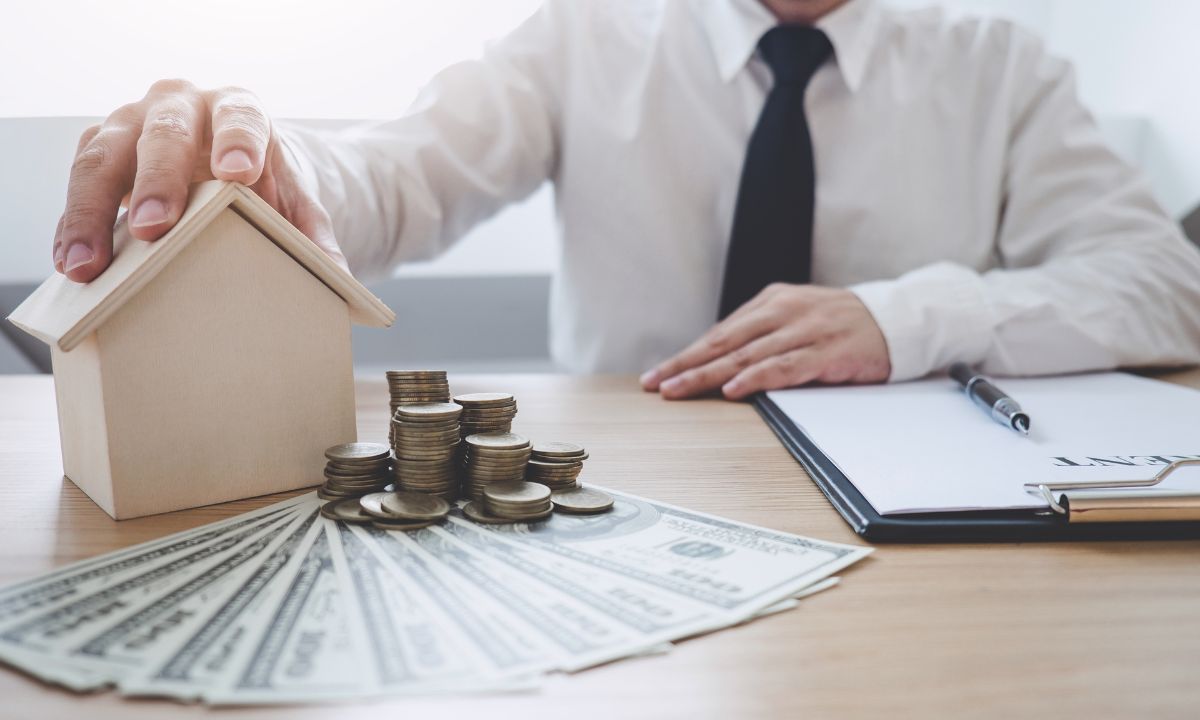 Home renovations can be a significant financial undertaking, but government grants and assistance programs can help offset costs for eligible homeowners. These grants are designed to promote energy efficiency, accessibility, and overall home safety. Understanding the available options and how to qualify can make a substantial difference in financing your home improvement projects.
Home renovations can be a significant financial undertaking, but government grants and assistance programs can help offset costs for eligible homeowners. These grants are designed to promote energy efficiency, accessibility, and overall home safety. Understanding the available options and how to qualify can make a substantial difference in financing your home improvement projects.
Understanding Government Home Renovation Grants
Government grants for home renovations are typically offered at the federal, state, or local level and are often geared toward specific types of improvements, such as energy-efficient upgrades, structural repairs, or accessibility modifications. Unlike loans, grants do not need to be repaid, making them an attractive option for homeowners looking to enhance their property.
Common Types of Home Renovation Grants
Several government programs provide financial assistance for home improvements. Some of the most well-known include:
Federal Housing Administration (FHA) 203(k) Loan Program—While technically a loan, the FHA 203(k) program allows homeowners to finance both the purchase and renovation of a home with a single mortgage, often with lower down payment requirements.
Weatherization Assistance Program (WAP)—Designed to improve energy efficiency for low-income households, this program provides grants for insulation, heating, and cooling system upgrades to reduce energy costs.
Home Investment Partnerships Program (HOME)—This federal program helps states and local governments provide financial assistance for home repairs and renovations, particularly for low-income families.
Rural Housing Repair Loans and Grants—Administered by the U.S. Department of Agriculture (USDA), this program provides grants to very low-income homeowners in rural areas for necessary home repairs, health and safety improvements, and accessibility modifications.
State and Local Grant Programs—Many states and municipalities offer their own home renovation grants and incentives, often focused on sustainability, historical preservation, or community revitalization efforts.
Eligibility Requirements for Home Renovation Grants
Each grant program has its own eligibility criteria, which may include:
- Income Limits—Many grants are designed for low-to-moderate-income households.
- Property Location—Some grants, such as USDA programs, are limited to rural areas, while others focus on specific states or cities.
- Type of Renovation—Grants may be restricted to specific improvements, such as energy efficiency upgrades, accessibility modifications, or structural repairs.
- Homeownership Status—Most grants require applicants to be the homeowner and reside in the property as their primary residence.
How to Apply for a Home Renovation Grant
Applying for a government grant involves several steps:
- Research Available Programs—Start by exploring federal, state, and local resources to find grants applicable to your renovation needs.
- Check Eligibility Requirements—Review the criteria for each program to ensure you qualify.
- Gather Necessary Documentation—Prepare financial documents, proof of homeownership, contractor estimates, and any other required materials.
- Submit Your Application—Follow the specific instructions for each grant program, ensuring all required information is included.
- Follow Up on Your Application—Some programs require additional verification or an inspection before funds are awarded.
Government grants for home renovations can provide crucial financial assistance for homeowners looking to improve their property while reducing out-of-pocket expenses. Whether you need energy-efficient upgrades, essential repairs, or accessibility modifications, exploring available grant opportunities can help make your home improvement goals more affordable.
Researching programs, meeting eligibility criteria, and submitting a well-prepared application can increase your chances of securing funding. For additional guidance, consider working with a mortgage or housing professional who can help you navigate the process.
 Owning a home is often hailed as the pinnacle of financial achievement, a symbol of stability, and a smart investment for the future. However, behind the allure of homeownership lies a maze of hidden expenses that can catch even the most diligent buyers off guard. We will discuss the less obvious costs associated with owning a home, shedding light on the financial realities that every prospective homeowner should consider.
Owning a home is often hailed as the pinnacle of financial achievement, a symbol of stability, and a smart investment for the future. However, behind the allure of homeownership lies a maze of hidden expenses that can catch even the most diligent buyers off guard. We will discuss the less obvious costs associated with owning a home, shedding light on the financial realities that every prospective homeowner should consider.